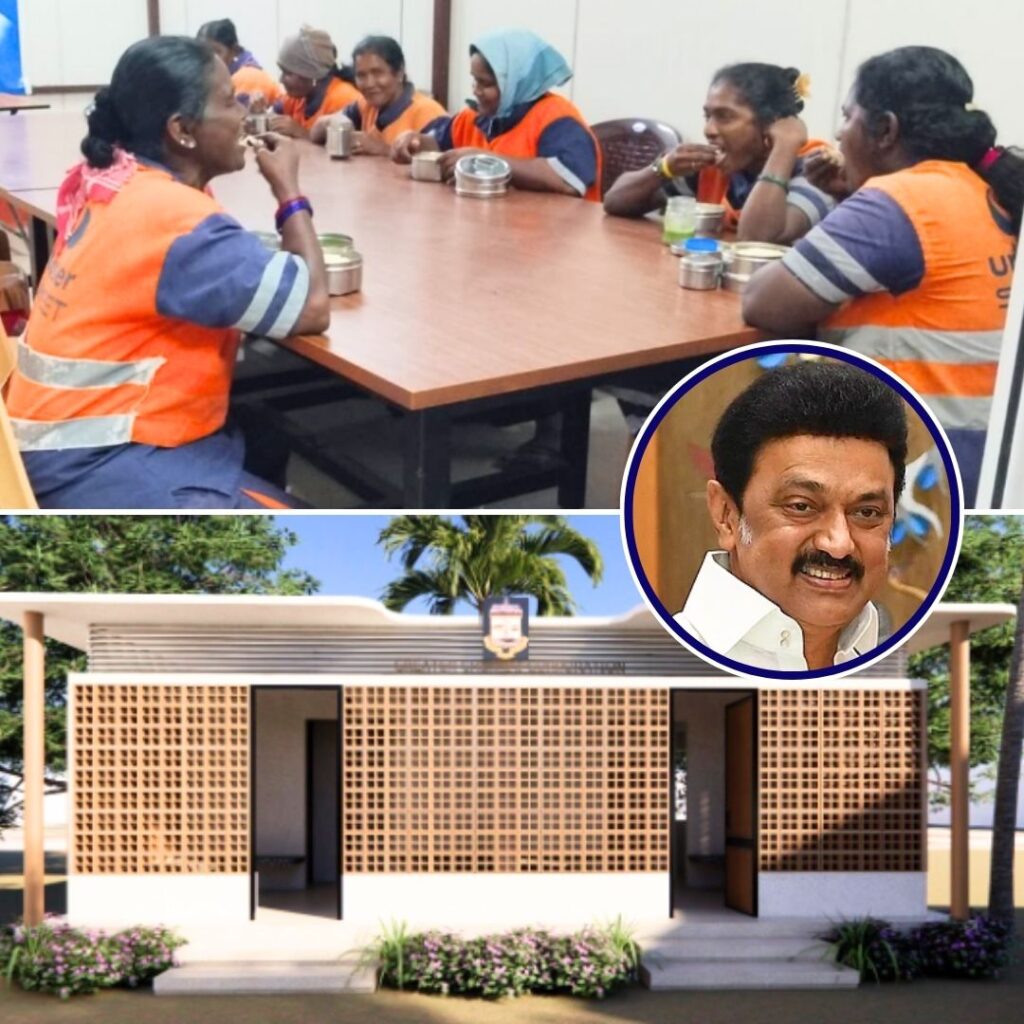In a notable ruling on July 17, 2025, the Allahabad High Court clarified that once a marriage is declared null and void under Section 11 of the Hindu Marriage Act, the nullity dates back to the very day of the marriage. Consequently, the court held that the husband is not legally liable to pay maintenance to the wife, as the marriage is considered invalid from the start.
This decision arose from a case where the wife had a subsisting earlier marriage and had concealed this fact, leading to annulment of her second marriage. Despite interim maintenance orders passed by lower courts, the High Court set them aside, emphasising that no “domestic relationship” exists legally once the marriage is void, thereby negating entitlement under both the Hindu Marriage Act and the Protection of Women from Domestic Violence Act.
Legal Finality on Void Marriages and Maintenance
Justice Rajeev Misra presided over the revision petition against Ghaziabad court orders granting interim maintenance to a woman whose marriage was annulled on grounds of bigamy. The court’s verdict reaffirmed that a decree of nullity “relates back” to the wedding date, treating the marriage as if it never existed.
The ruling referenced Section 2(f) of the Protection of Women from Domestic Violence Act, noting that a “domestic relationship” is a prerequisite for claims under the Act. Since the marriage was void ab initio from November 21, 2021, the wife could not be classed as an “aggrieved person” entitled to maintenance. As such, legal obligations of the husband ceased from the start, setting aside interim maintenance orders granted by lower courts.
Context and Developments Leading to the Judgment
The case involved the petitioner, Rajeev Sachdeva, who married Nidhi Sachdeva in 2015. The relationship soured quickly, with the wife filing multiple FIRs alleging harassment and assault. During anticipatory bail proceedings, it emerged that Nidhi was already married, rendering her second marriage legally invalid.
The family court declared the second marriage null and void in November 2021; the wife’s appeal was withdrawn, making the decision final. Nevertheless, she pursued interim maintenance under the Domestic Violence Act, which was initially granted by trial and appellate courts. The husband challenged these orders in the Allahabad High Court, which ultimately held that the foundation of any maintenance claim—the marital relationship—was legally non-existent.
The Logical Indian’s Perspective
The Allahabad High Court’s ruling provides legal clarity on the implications of void marriages and the limits of maintenance entitlements under existing laws. While the judgment is grounded in legal reasoning, it also highlights the complex intersection of law and lived experiences.
In such cases, both legal and social systems must work together to ensure that justice is not only delivered in letter but also in spirit, especially when the parties involved may be emotionally or economically affected by the outcome.












